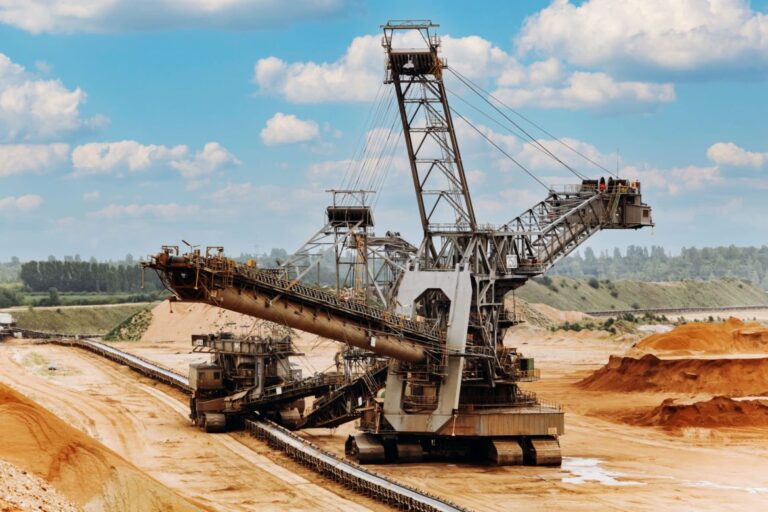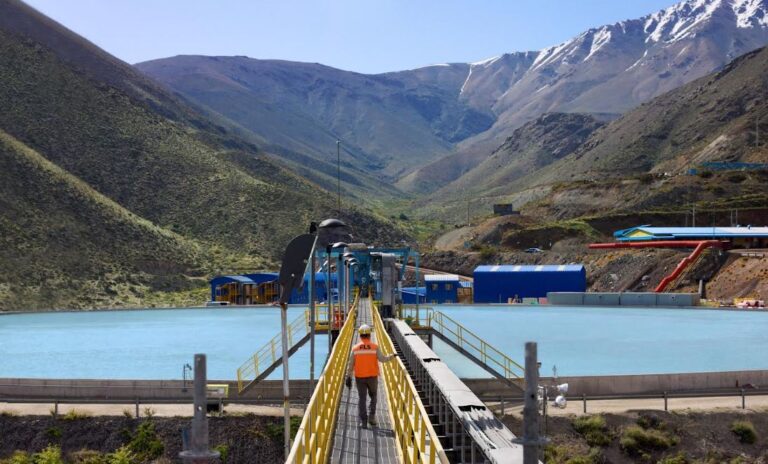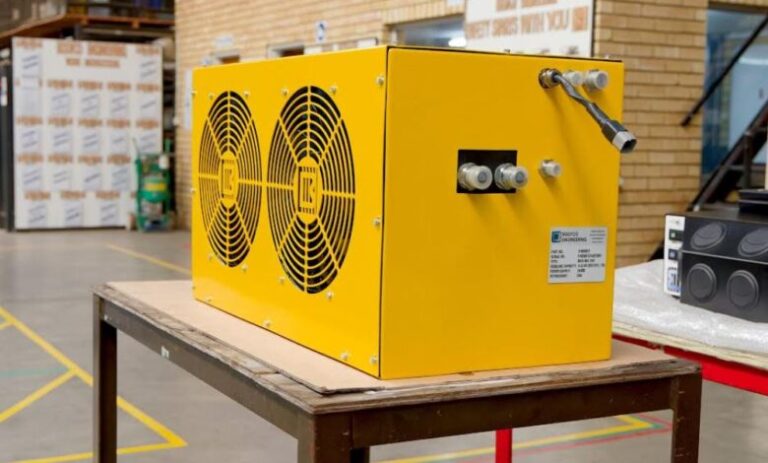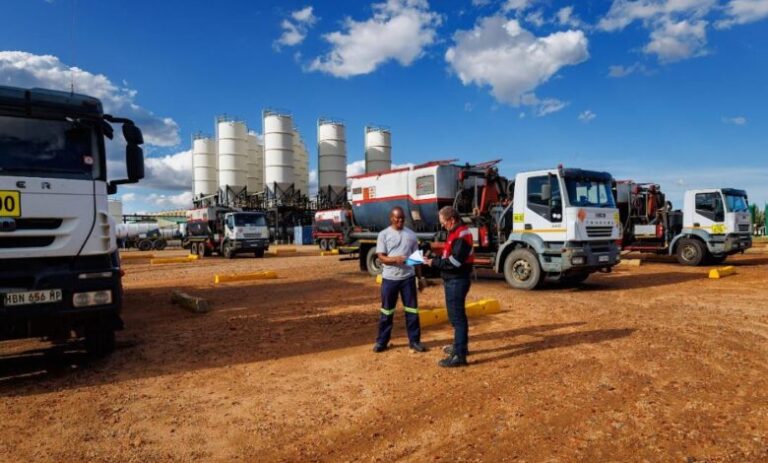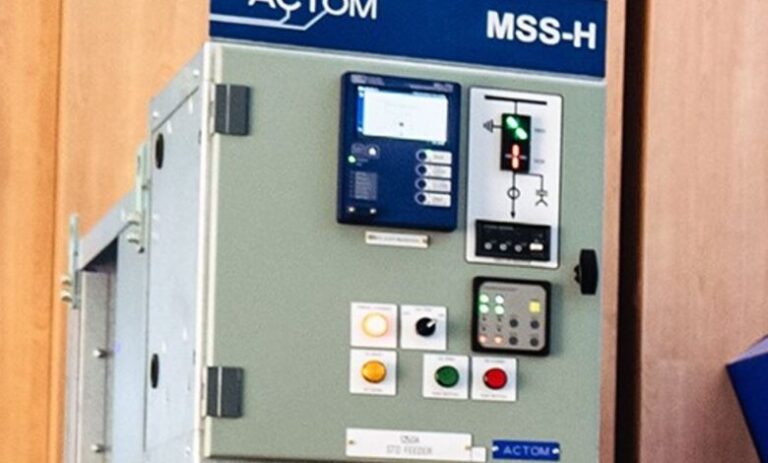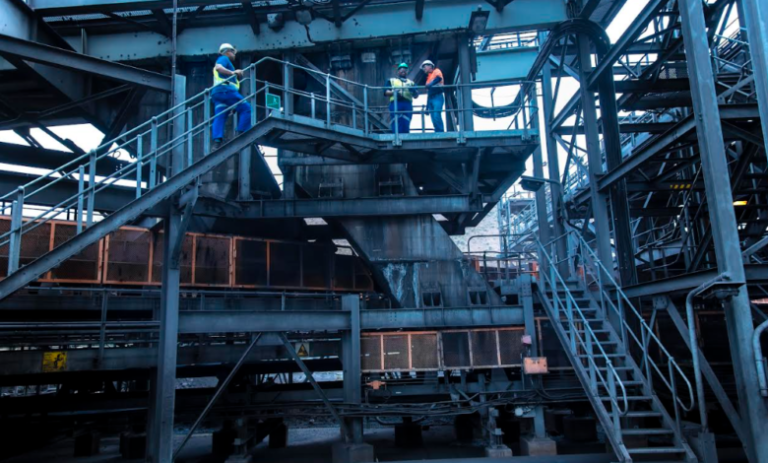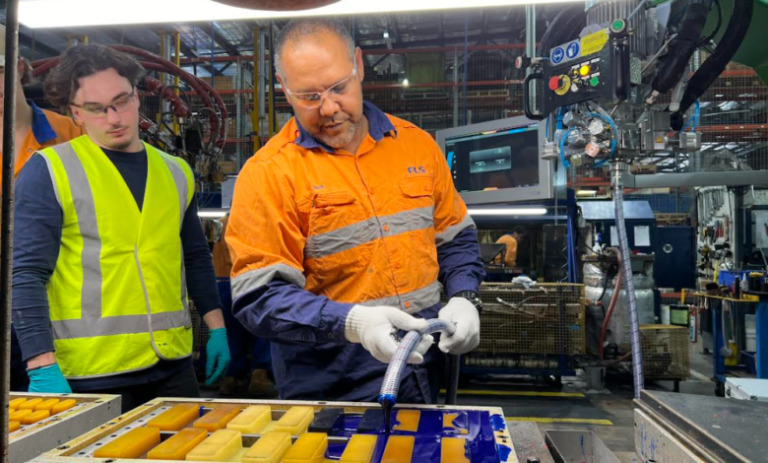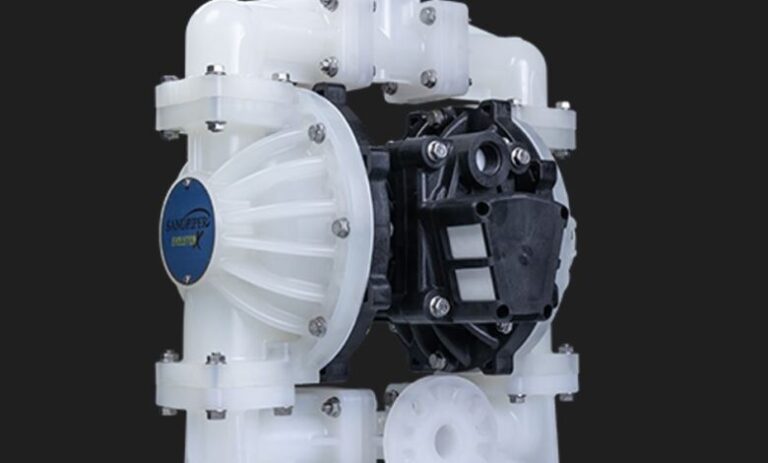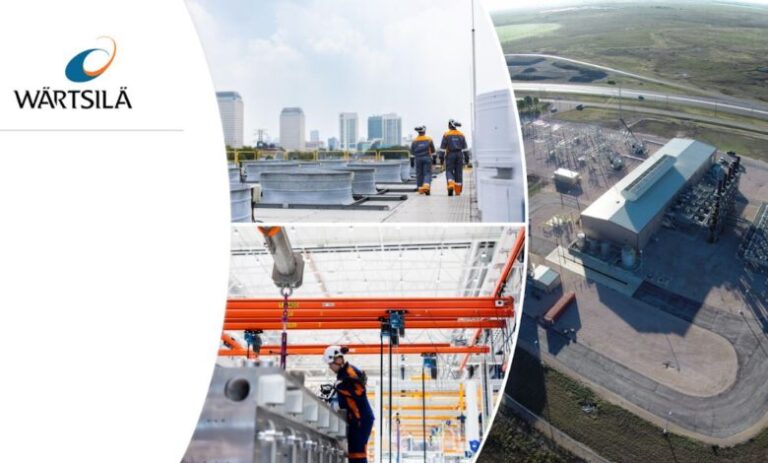A recent policy brief, “Natural Gas as a Transition Fuel in South Africa”, produced by Eye for Business, minced no words concerning the need to access and use that plentiful underground resource. As stated upfront, “Among alternatives, there is a compelling case for investing in natural gas as the most prudent steppingstone to a low-carbon future of power generation.”
In its brief, commissioned by the EnerGeo Alliance – a global trade alliance for the energy geoscience industry – Eye for Business makes a good point. South Africa’s continuing power deficits make the case anew each day for expanded extraction and use of the country’s natural gas. A significantly lower-carbon alternative to coal and diesel, this fuel can provide electricity for growing needs while paving the way for renewables and an increasingly lower-carbon future.
The current energy picture
The brief highlights the growth forces that are now at work and expected to push South Africa’s demand for energy to a projected three times the current demand by 2040. These forces include a growing population and a trend toward migration into cities.
South Africa’s current energy sources – coal, diesel, renewables and unpredictable natural gas imports from Mozambique – are inadequate to prevent the daily 6- to 10-hour outages that now hinder business, education, medicine, industry and more.
Residentially, these intermittencies impact poorer households the most. Likewise, the frequent failures of old coal-fired plants and associated maintenance costs result in higher tariffs that hit low-income families hardest.
These stark realities make it imperative that South Africa use its own clean natural gas to transition toward renewables, at a pace that allows its economy to benefit. Moving in that direction will draw more needed outside interest and investment in the country’s natural gas deposits.
As a real-time example, Namibia is wisely using its offshore discoveries in this way, helping that nation move toward prosperity.
For South Africa to likewise gain the economic health needed to increase development of renewables, it must first stabilise its energy supply to reverse disturbing trends in business closures and increased unemployment due to intermittencies. Energy sources such as wind and solar, which are by nature intermittent, cannot provide immediate solutions to these economic and human problems.
With substantial in-country natural gas discoveries such as Brulpadda, prospects like the Karoo shale reserves, and potential offshore discoveries on the horizon, it just makes sense to put those resources to work to achieve energy stability.
Natural gas, the natural solution
“Countries using gas as a source for power generation have seen their electricity supply grow about three times faster in the past 10 years than those not able to use gas,” states Eye for Business’ brief.
As is well known, the wealthy countries around the globe have long made tactical use of their vital natural gas resources for building economic soundness. Once their people and businesses were supported by a reliable supply of electricity, these nations could begin to develop renewables on a large scale.
Importantly, for South Africa’s industrial sector to grow, it needs increased feedstocks such as those used to make fertilisers and petrochemicals. These vital chemicals are produced from natural gas, which can also supply the heat energy needed by the cement, steel and other industries to make their products.
Less cost, fewer emissions
Putting South Africa’s natural gas resources to work during transition will cost less than most alternatives. Comparing the price tag for various types of electric power plants, the costs per kilowatt-hour to build solar, biomass, nuclear, wind and coal plants are all more than twice as high as the cost to build natural gas plants. This difference is largely due to modular construction methods used for natural gas plants, which makes them easier to scale and suit to their locations, thus avoiding the cost overruns typical on larger facility projects.
Another cost-efficient build method for natural gas plants is converting inactive existing coal-fired power plants. These conversions can be done at lower costs than new construction. This is a win-win proposition that utilises unused plants for producing cleaner energy while avoiding unnecessary expense.
As the brief highlights, natural gas emits 50% to 60% less CO2 than coal. This makes it an ideal transition fuel for South Africa that will contribute only a very minuscule amount to global emissions. And even that could be decreased with the use of carbon capture and storage.
To keep a realistic perspective on emissions, it is important to bear in mind that Africa as a whole, with about 17% of the world’s population, contributes only a tiny 4% of global carbon emissions at 1.45 billion tonnes.
Potential employment and exports
Increased investment in and use of natural gas could pay off for South Africa in two very important areas: job creation, and the opportunity to achieve net exporter status.
Growing new jobs is crucial, as South Africa’s unemployment rate is currently hovering around 30%. Jobs will come with the territory as the country’s gas infrastructure is enlarged for drilling, transport and electricity production. Young managers and workers will need to be trained in the necessary skills to run and maintain these operations. In short, revving up the natural gas sector will breathe new energy into the job market as young people see and take advantage of these new opportunities.
On the export front, a sizeable opportunity for boosting the country’s economy has appeared on its northern horizon. Because of Europe’s recent reduction in imports of Russian gas, the vast European market presents an opportunity South Africa could pursue, along with other markets, after its own energy needs are met.
The way forward
To diversify South Africa’s energy mix, government policy support in accordance with the country’s draft Gas Master Plan and the National Development Plan will be needed.
The Integrated Resource Plan aligns with those documents’ goals, supporting, as Eye for Business’ brief puts it, “a significant shift in the energy mix, projecting an additional 29 500MW to the electricity capacity by 2030, with 3 000MW expected from gas.”
With all the benefits they can bring, South Africa must not leave its valuable natural gas deposits stranded while lacking reliable green energy sources. Making steady progress toward a lower-carbon energy mix, while transitioning toward renewables makes sense for South Africa and its people.
NJ Ayuk
Executive Chairperson



